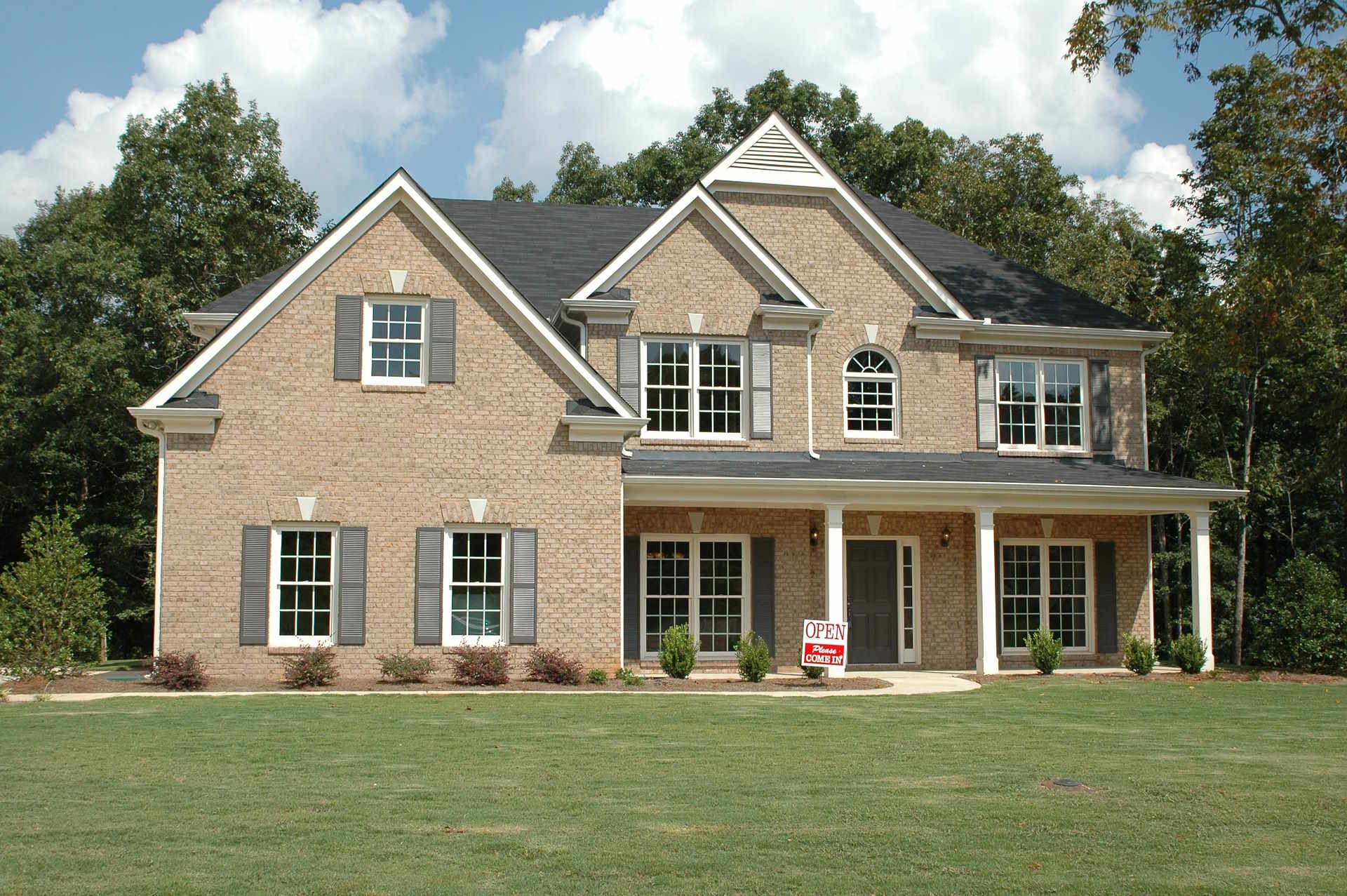Revisiting the American Dream: Homeownership Declines as Rental Market Thrives
The American Dream has always been closely tied to homeownership. However, recent years have seen a shift in this narrative as more people are opting to rent rather than buy. This emerging trend has significant implications for the real estate market and investors.

The Shift from Homeownership to Renting
Over the past decade, the rate of homeownership in the United States has been in a consistent decline. The costs associated with homeownership, including mortgage payments, property taxes, maintenance, and insurance, have become prohibitive for many. As a result, renting has become a more appealing option, particularly for millennials and Gen Z.
The Economic Factors Behind the Trend
Several economic factors have contributed to the shift towards renting. The most notable is the rising cost of housing. Additionally, stagnant wages, student loan debt, and the increasing cost of living have made homeownership less attainable for many. Moreover, the financial uncertainty brought about by events like the 2008 financial crisis and the COVID-19 pandemic has made renting a more stable and predictable option.
The Impact on the Rental Market
The increased demand for rental properties has led to a boom in the rental market. Rental rates have risen significantly, presenting a lucrative opportunity for real estate investors. In urban areas, in particular, high demand and limited supply have led to an increase in rental prices. This trend is expected to continue in the foreseeable future.
The Benefits of Investing in Rental Properties
Given the current market dynamics, investing in rental properties can be a wise move. Rental properties can provide a steady stream of income and tend to hold their value well, even in times of economic uncertainty. Furthermore, the tax benefits associated with rental property ownership can further enhance the profitability of such investments.
The Future of the Rental Market
While the shift towards renting is expected to continue, the market dynamics could change. Factors such as changes in housing policy, economic conditions, and demographic trends can influence the rental market. As such, real estate investors should keep abreast of these factors and adjust their strategies accordingly.
- Rental properties can provide a consistent income stream, making them an attractive investment option.
- The tax benefits associated with rental property ownership can enhance the profitability of these investments.
- The rental market’s future will be influenced by various factors, including housing policy changes, economic conditions, and demographic trends.
In conclusion, the shift from homeownership to renting has significant implications for the real estate market and investors. While this trend presents challenges for those aspiring to homeownership, it also offers opportunities for those looking to invest in rental properties. As the rental market continues to evolve, staying informed and adaptable will be key to success in this dynamic sector.




